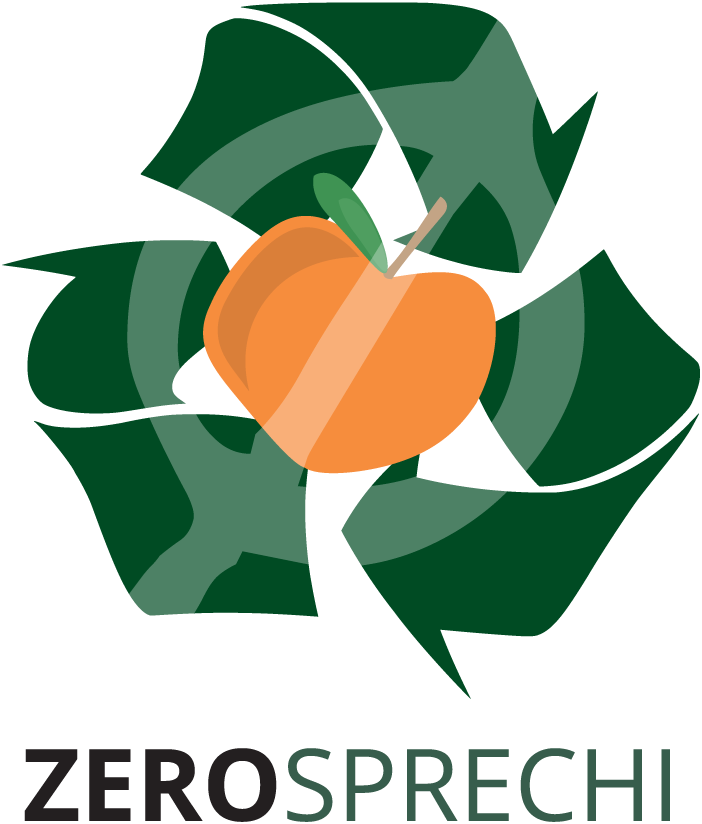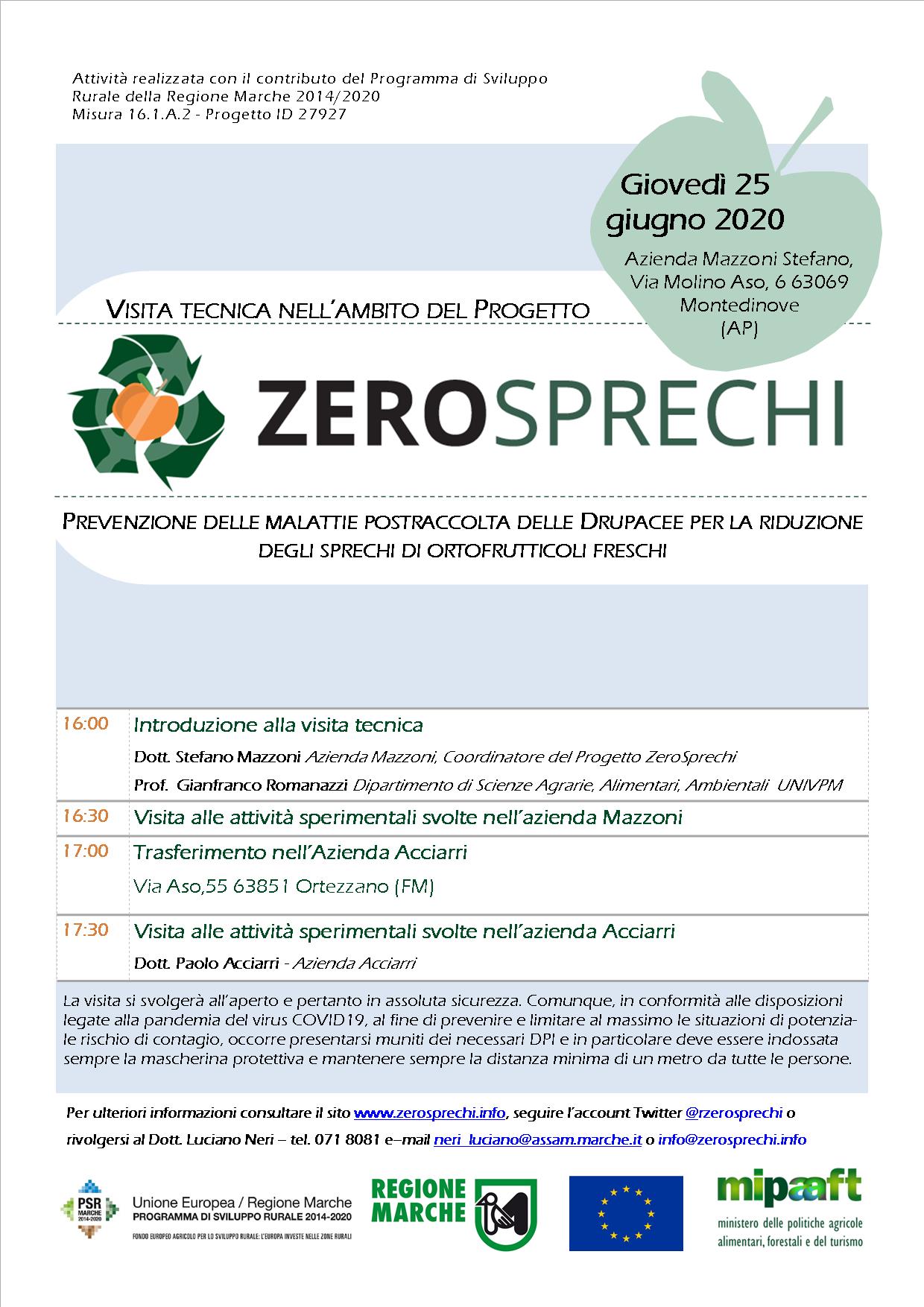PREVENTIVE STRATEGIES TO CONTROL POST-HARVEST STONE FRUIT DISEASES AND TO REDUCE FRESH FRUIT WASTE
Rural development programme 2014/2020 of the Marche Region Measure 16.1 – Support to the setting up and management of operative groups (OGs) of European Innovation Partnership (EIP) for agricultural productivity and sustainability Action 2 – Management phase of the OG and carrying out of the activities
Worldwide more than the half of fruit and vegetable products are wasted due to post-harvest loss.
The recovery of a part of this loss, could help to reduce the increasing food demand as well as the fruit and vegetable wastes. Such losses have an heavy impact in terms of production, harvest, transport and storage costs.
The post-harvest loss reduction is one of the priority of ONU, FAO and the UE (In UE pre capita food wastes amount annually to 173 kg[1]). Within 2030 the UE aims to halve the yearly 88 million tonnes of wasted food. In addition to food waste, the UE policies are paying particular attention to the issue of food safety and production sustainability.
In organic farming, there are fewer available pest and disease control strategies than in integrated agriculture, therefore their transfer could not only improve the sustainability of the agriculture processes but also of the farmers’ income.
Moreover, a key factor to restrain damages to fields, is the achievement of a deeper knowledge on the relationship between infestations from drosophilic diptera and the brown rot development.
Due to the brown rot, (Monilinia fructicola) post-harvest wastes are considerable in the stone fruit sector. This pest can develop in the field but more often it does during its storage and trade as well as at the end user’s home. Therefore its damages are direct, as a result of the single stone fruit loss and sometimes of the entire package, and indirect, because of the missed product buy back.
The ZeroSprechi project aims at bettering the stone fruit production and enhancing the post-harvcst quality, improving the shelf life and reducing fruit and vegetable wastes.
ZeroSprechi will implement forecasting tools, already validated overseas, to reduce chemical treatments by means of different and target strategies in organic and integrated farming
ZeroSprechi will be run in tree farms located in the two regional most fruit productive areas: two in “Valdaso” and one in “Valle del Foglia”.
In the experimental farms some traps to catch drosophilic diptera will be placed in order to analyze the link between their presence, their distribution and the incidence of Monilinia fructicola infestations on fruits.
ZeroSprechi will lead to a greater sustainability of stone fruit production in the Marche Region, not only in the organic but also in integrated farming.
As a result the farmer’s income will increase due to better quality, less treatments and control strategies of Monilinia fructicola, which might be employed in other Italian and European areas as well.
[1] Source: European Commission notice — EU guidelines on food donation (2017/C 361/01).



